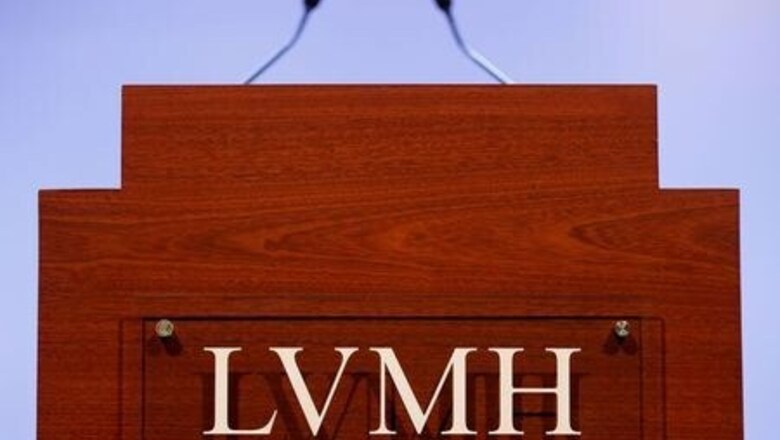
views
NEW YORK: LVMH’s plans to end its $16 billion acquisition of U.S. jeweler Tiffany & Co follows roughly 1,900 deals that have been cancelled, renegotiated or disputed around the world since the start of the COVID-19 pandemic, according to S&P Global Market Intelligence.
The following are some of the high-profile deals that were scuttled or faced turmoil this year after they were signed:
Auto parts maker BorgWarner in March threatened to end its agreement to acquire UK-based smaller rival Delphi Technologies, but in May resolved the issue and was on track to acquire it by the second half of 2020. The amended merger terms reduced Delphi’s equity value by 5%. The revised deal values Delphi at $1 billion.
Bed Bath & Beyond Inc sued 1-800-Flowers.Com Inc for failing to close a $252 million deal by March 30. The two sides agreed in July to a reduced $245 million price for the Pmall.com business of Bed Bath & Beyond.
U.S. printer maker Xerox Holdings Corp walked away from its $35 billion hostile cash-and-stock bid for HP Inc in late March, after the coronavirus outbreak weighed on its campaign to take over the PC and printing equipment manufacturer.
Forescout Technologies Inc sued private equity firm Advent International in May for pulling out of a deal to buy the cybersecurity firm for $1.9 billion. The two settled in July for a reduced $1.43 billion acquisition price.
The largest U.S. mall owner, Simon Property Group Inc, in June ditched its $3.6 billion deal for competitor Taubman Centers Inc, citing the beating the retail sector has taken during the COVID-19 pandemic. Taubman vowed to fight Simon’s move, and litigation is ongoing.
Telefonica sued Millicom International Cellular of Luxembourg for backing out of a $570 million deal for the Spanish company’s operations in Costa Rica. While Telefonica is pursuing breach of contract damages against Millicom in state court in Manhattan, it struck a deal in July to sell the business to Liberty Latin American Ltd for $500 million.
Juweel Investors Ltd sued an affiliate of Carlyle Group Inc for failing to close the purchase of a significant stake in American Express Global Business Travel, a deal that was estimated at $1.5 billion. The deal expired without closing and the two sides are scheduled to go to trial next year to determine if the pandemic constituted a “material adverse event” that would have allowed the buyers to back out.
L Brands Inc in May called off the sale of its majority stake in Victoria’s Secret lingerie business to Sycamore Partners, after the retail operator and buyout firm sued each other over the $525 million deal. Sycamore fired the first legal shot, alleging in an April lawsuit that L Brands breached the deal by closing nearly all of its about 1,600 Victoria’s Secret and PINK stores globally without Sycamore’s permission.
WeWork is ensnared in a lawsuit against its majority owner SoftBank Group Corp after the Japanese conglomerate backed out of a $3 billion tender offer to the co-working office company’s existing shareholders. SoftBank provided WeWork with a separate $1.1 billion financing in August. WeWork and Softbank are still locked in a court battle over the tender offer.
Disclaimer: This post has been auto-published from an agency feed without any modifications to the text and has not been reviewed by an editor




















Comments
0 comment